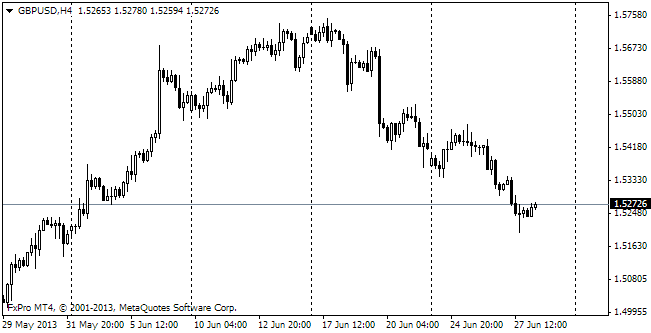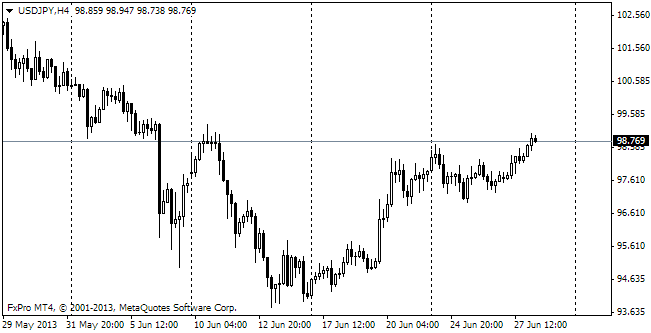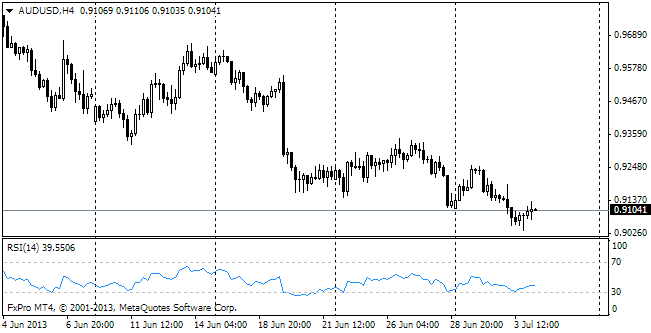EUR/usd
The single currency continued its trip up on Monday. As a result, it reached a high of 1.2440. Ifo Business Climate proved to be better than expected and grew for the first time since April, while had been expected to fall. The index grew from 103.2 to 104.7 against the expected 103.0. Both the components of the index rose – Current Assessment and expectations. Under such conditions growth of the single currency could be stronger, but it didn't happen because of the pressure the euro suffers from the expectations of a more active extension of the ECB's balance for the sake of inflation increase. Our opinion that next week the ECB will announce its readiness to start full-fledged QE is getting popular against other investment banks. If the ECB is really going to extend its balance to stimulate the economy and increase inflation, the current measures won't be enough as the Bank's balance has decreased in the recent months. Don't forget that each week the banks of the region may pay off the LTRO loans. The pace of these payments exceed the volume of modest purchases of the ECB. So it follows that it has managed only to decrease the euro, but hasn't injected any money into the economy. Such measure will have a limited and belated effect. After all, the aim of the regulator is to make the banks issue loans to households and corporations. Decline of the euro rate, first of all, influence competitiveness of domestic commodities, whose effect is spread over the period of 6-9 months and also can stimulate inflation due to growth of import prices. But it should be taken into account that the eurozone currently faces reduction of commodity and energy prices, which deters price growth. Besides, if corporations and households want to build up their consumption through borrowed funds, they have to go to a bank. And here is the problem – the bank simply doesn't issue loans being unsure about the clients' solvency. It is a vicious circle, which the ECB hasn't managed to break until now acting cautiously.
GBP/USD
The British currency managed to grow to 1.5700 last night. This achievement can be treated as growth to the upper bound of the flat channel since November 14. If bulls retreat, the pair won't find it difficult to return a figure down to the lower bound. In this case there again will be a fight for the multi-year low. Probably, today's speeches of Carney and his colleagues at the inflation report hearings will manage to turn the balance towards breaking beyond the traded levels. However, it should be taken into account that these will be hearings on the report published last week, so it's unlikely to bring any news. Now we think that the pound has more chances to leave the channel on Wednesday after the release of the GDP stats.

USD/JPY
Today there will be a release of the minutes of the BOJ's meeting in late October, when it was decided to extend quantitative and qualitative easing. “Many members of the committee” expressed the idea that inflation wouldn't probably reach 2% in 2015, so by a majority decision the incentives were extended. This uncertainty casts doubt on the possibility of further measures. Because of that some yen-traders preferred to close their positions, leading the pair below 118.

AUD/USD
The aussie tumbled down below 0.8600 this morning and is now trading at 0.8580. The last week's low (0.8560) is just a step away. And further the pair is obviously able to go to 0.8540, below which the Australian currency hasn't been since 2010 and which makes 50% of the rally in 2008-2011.
